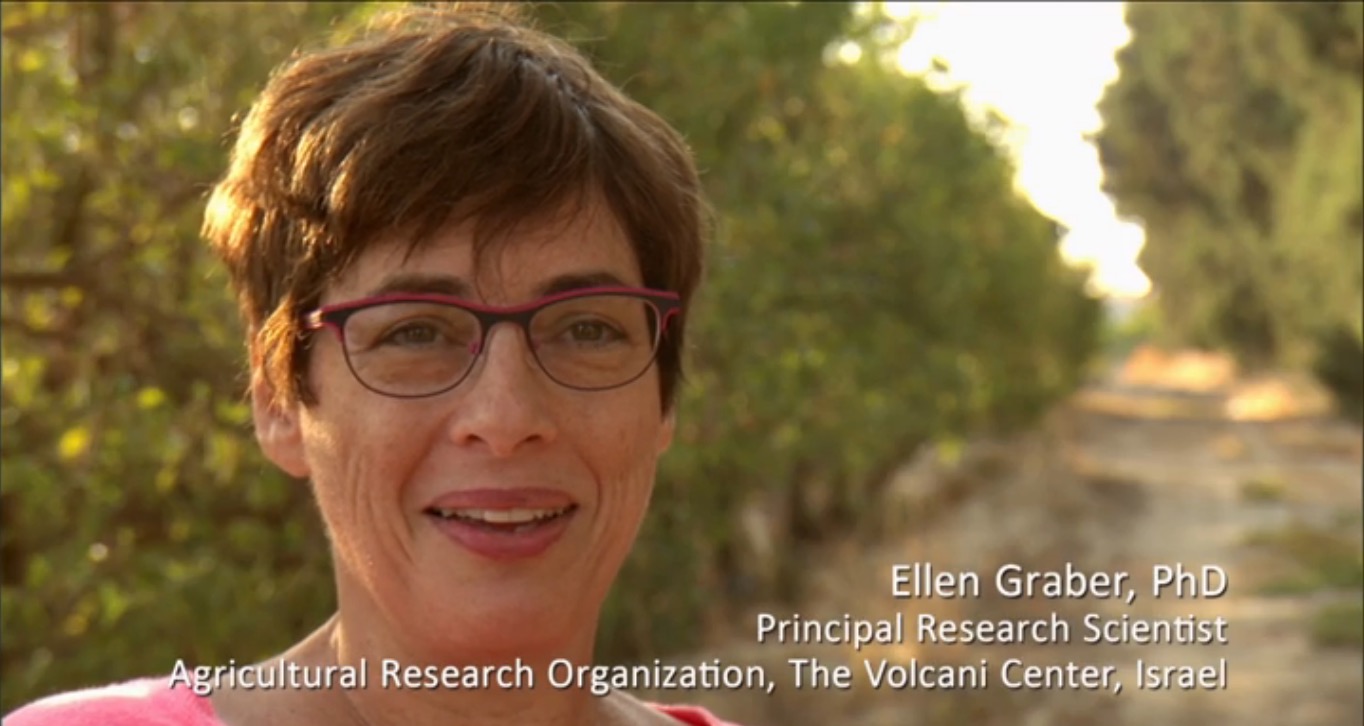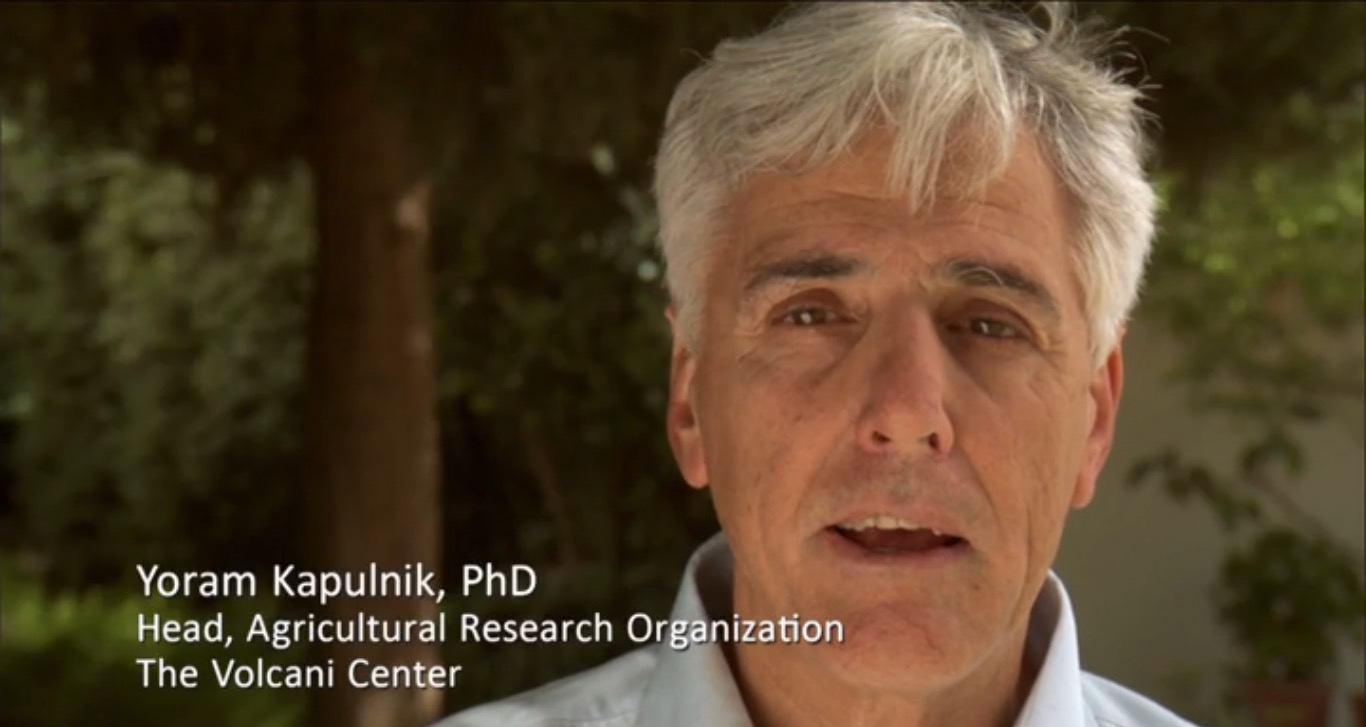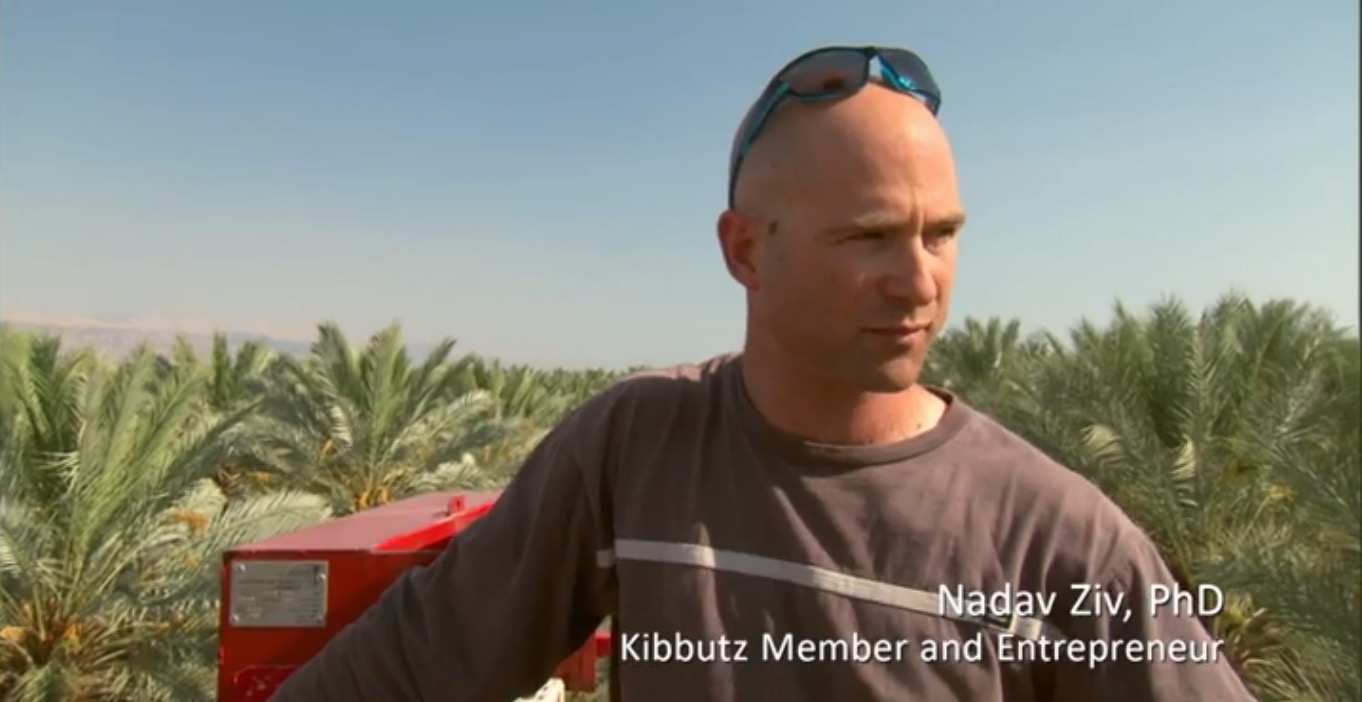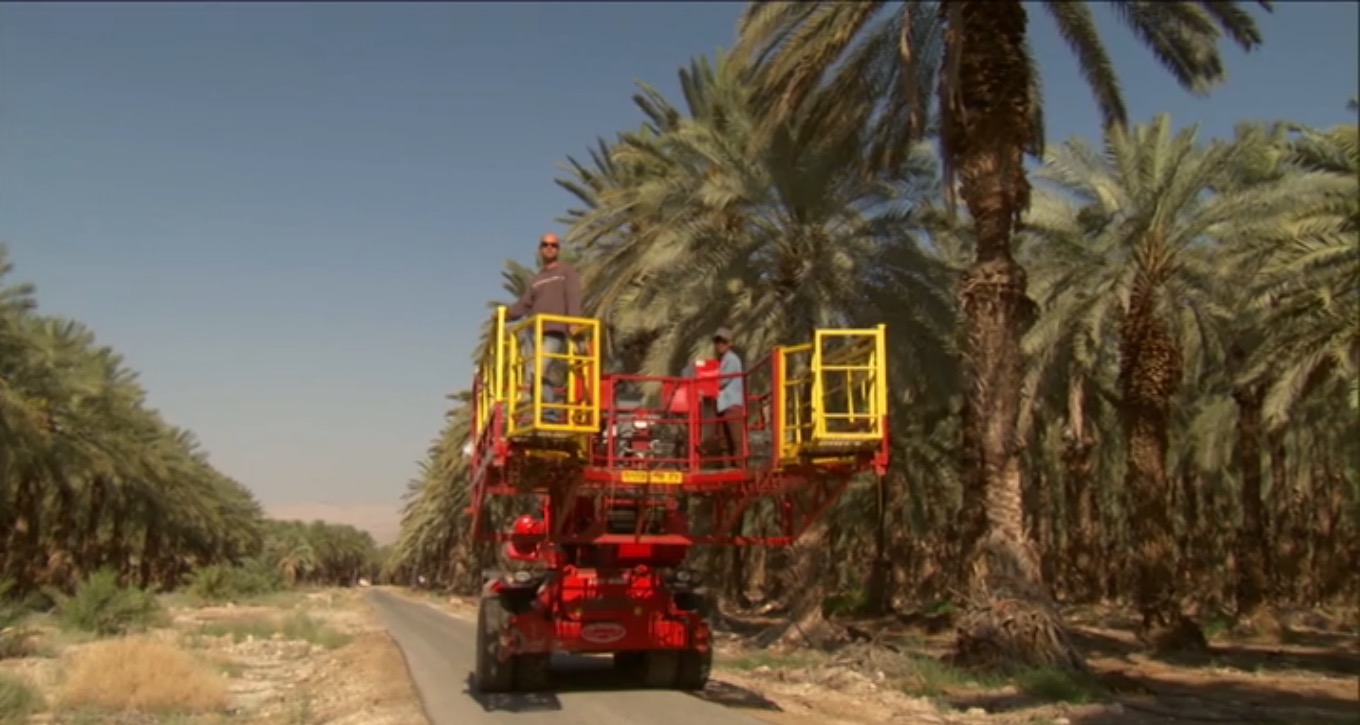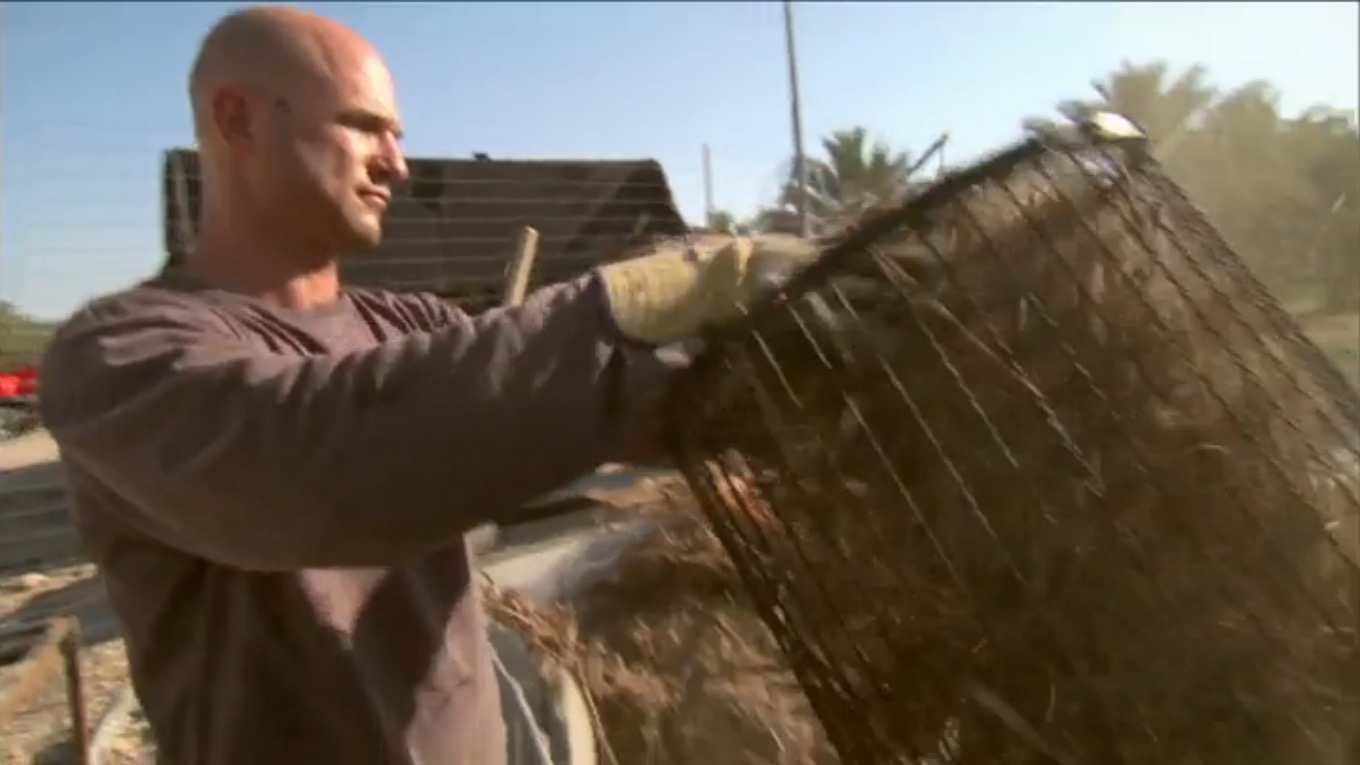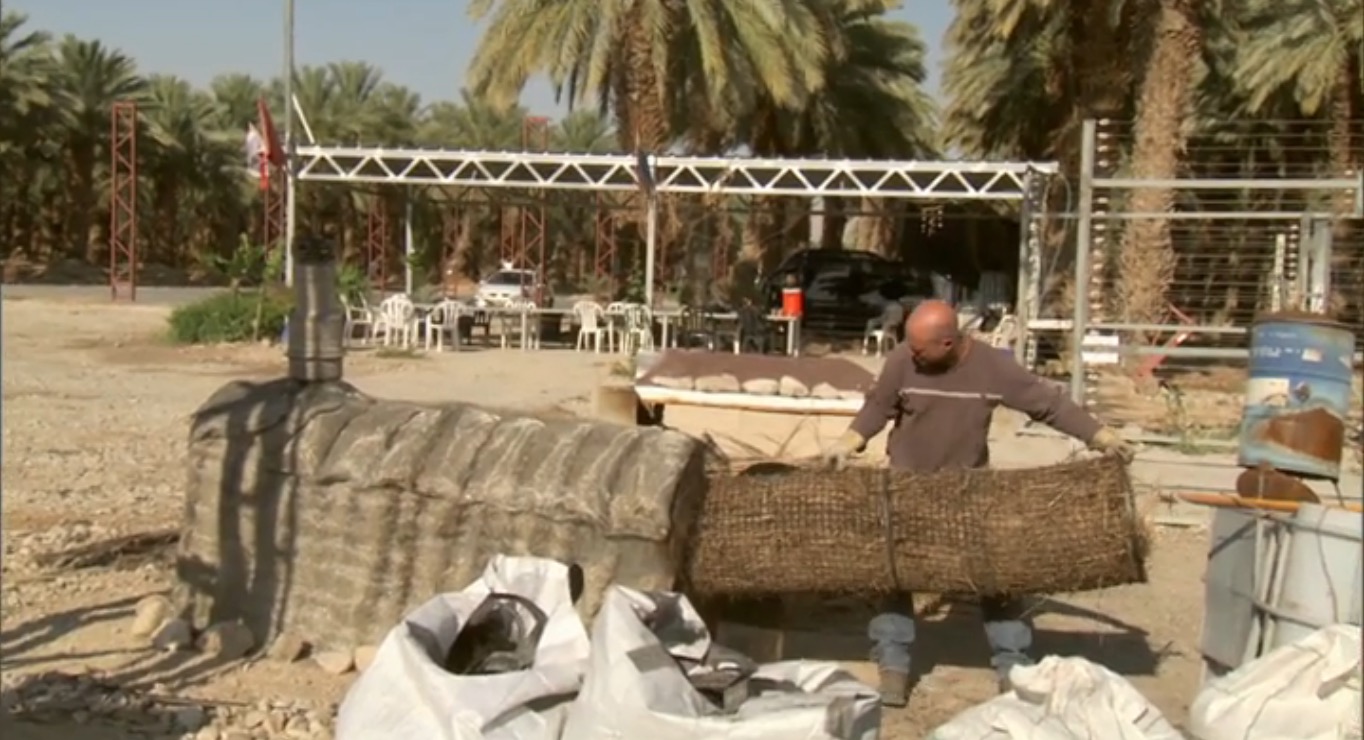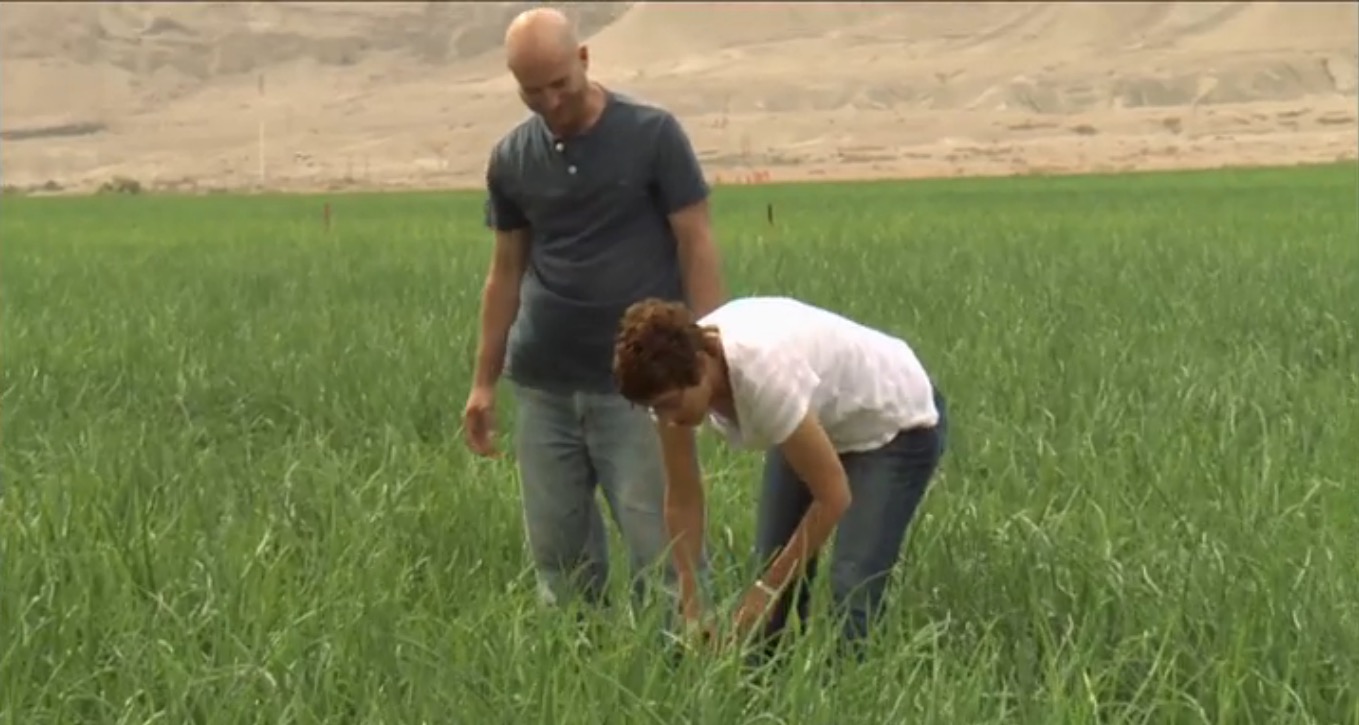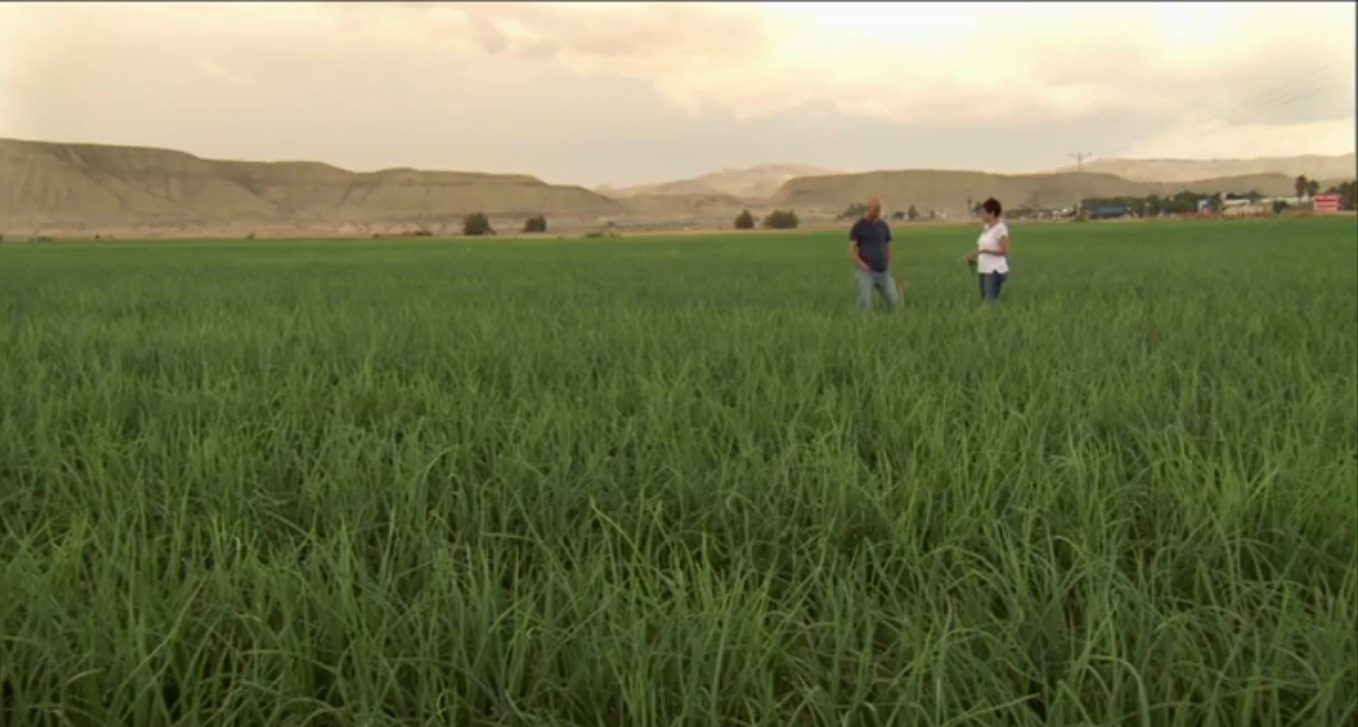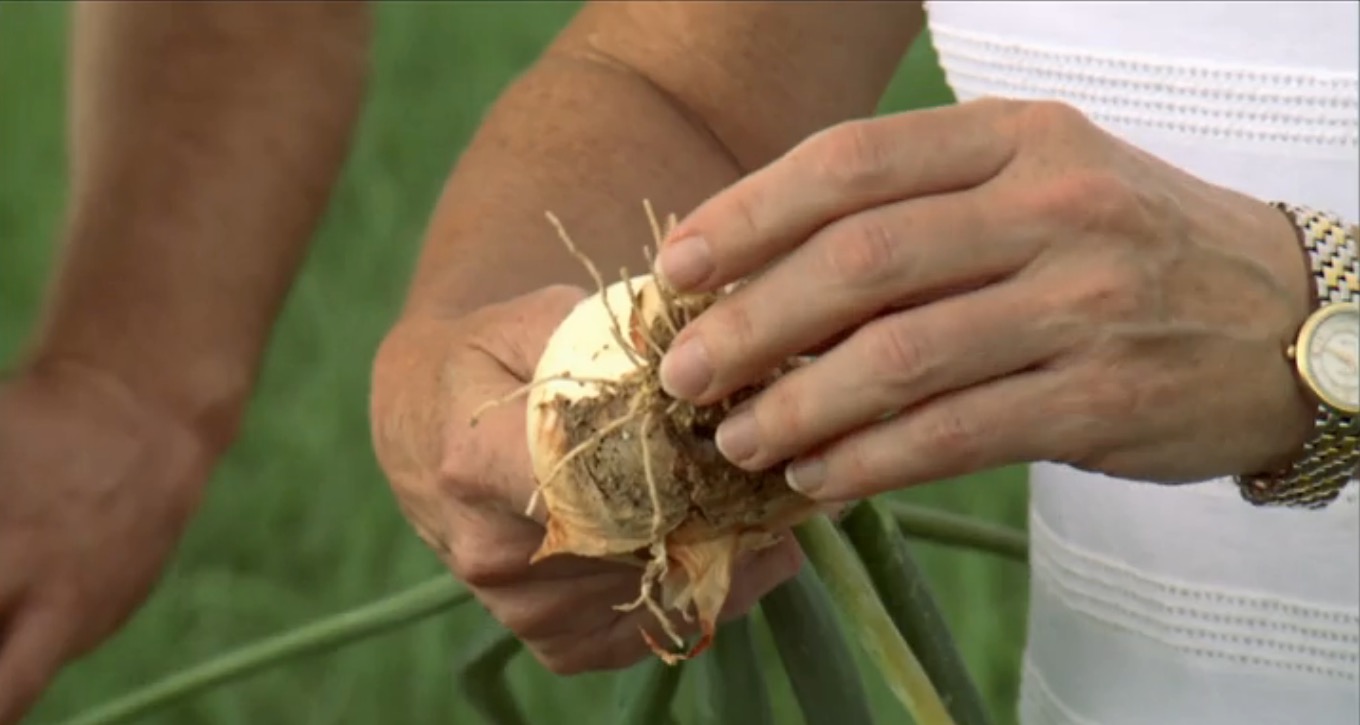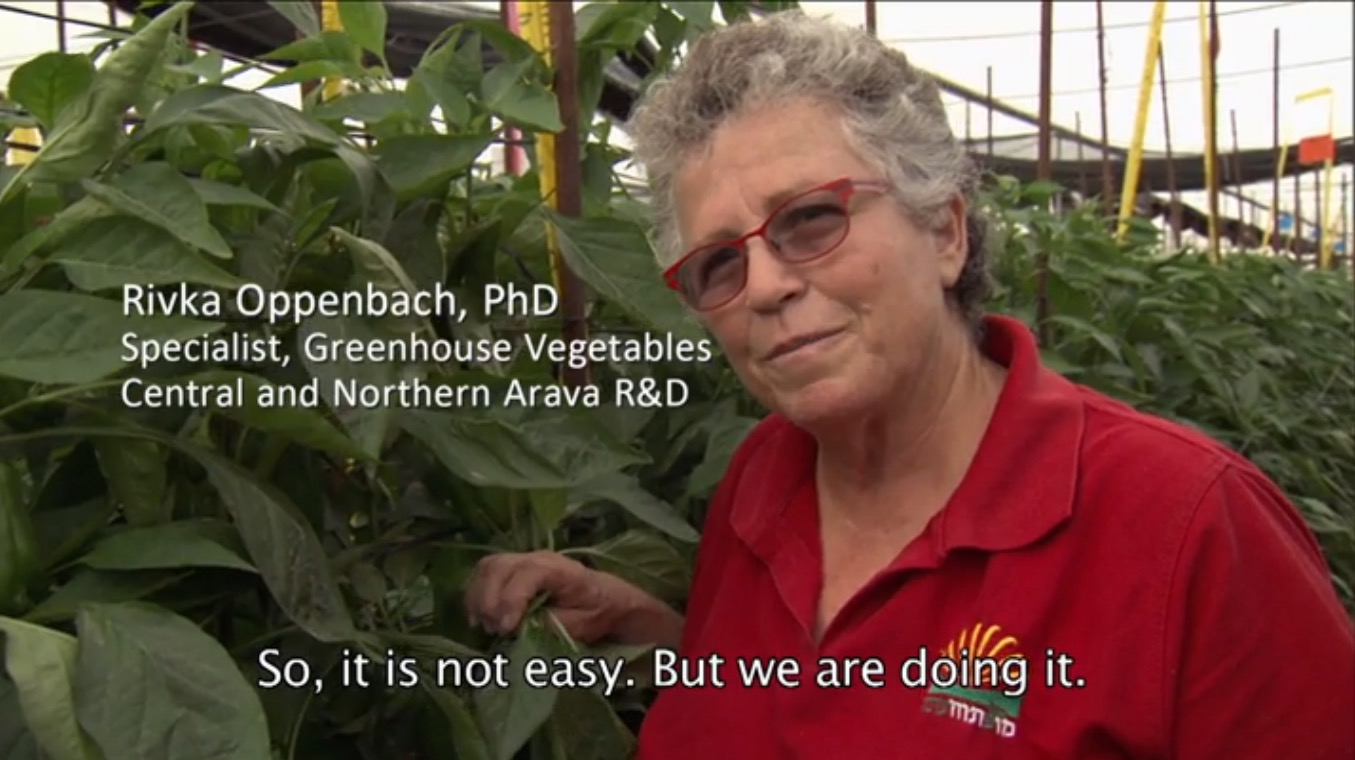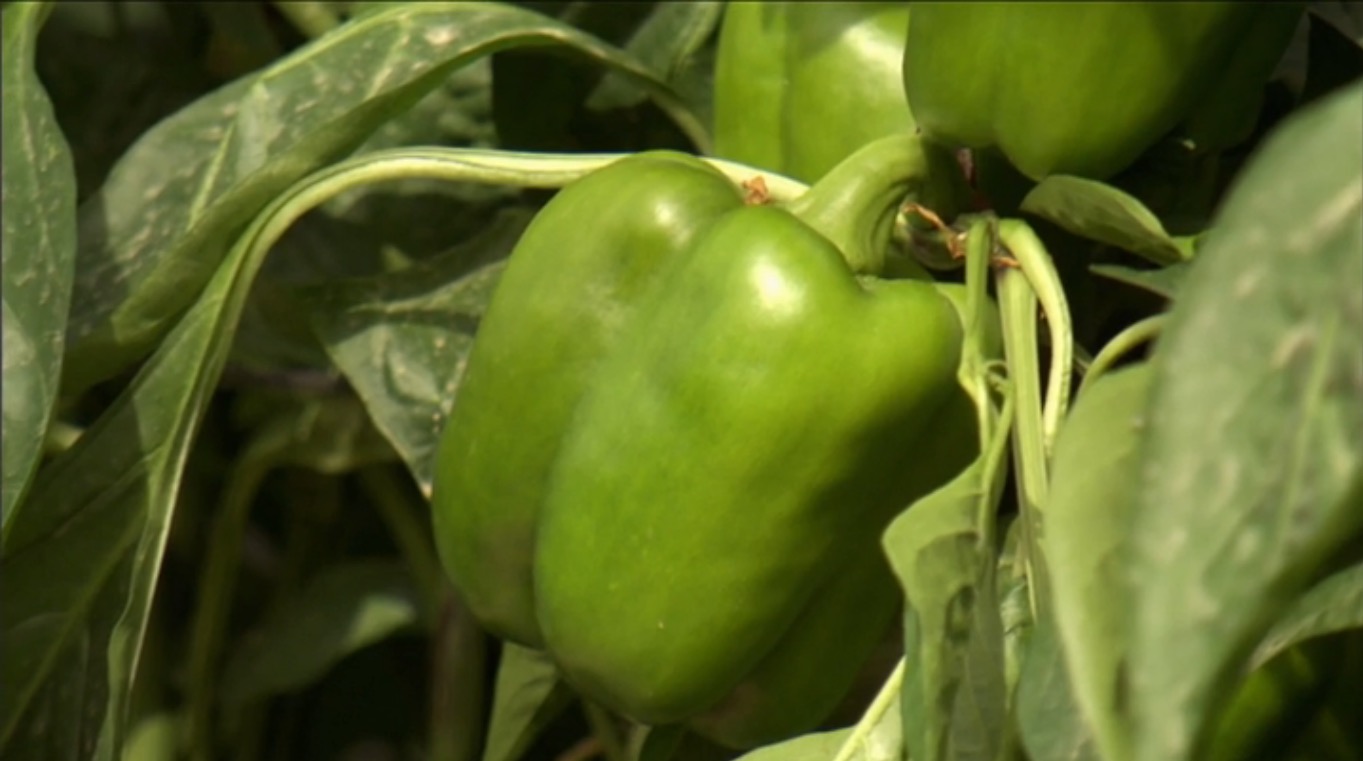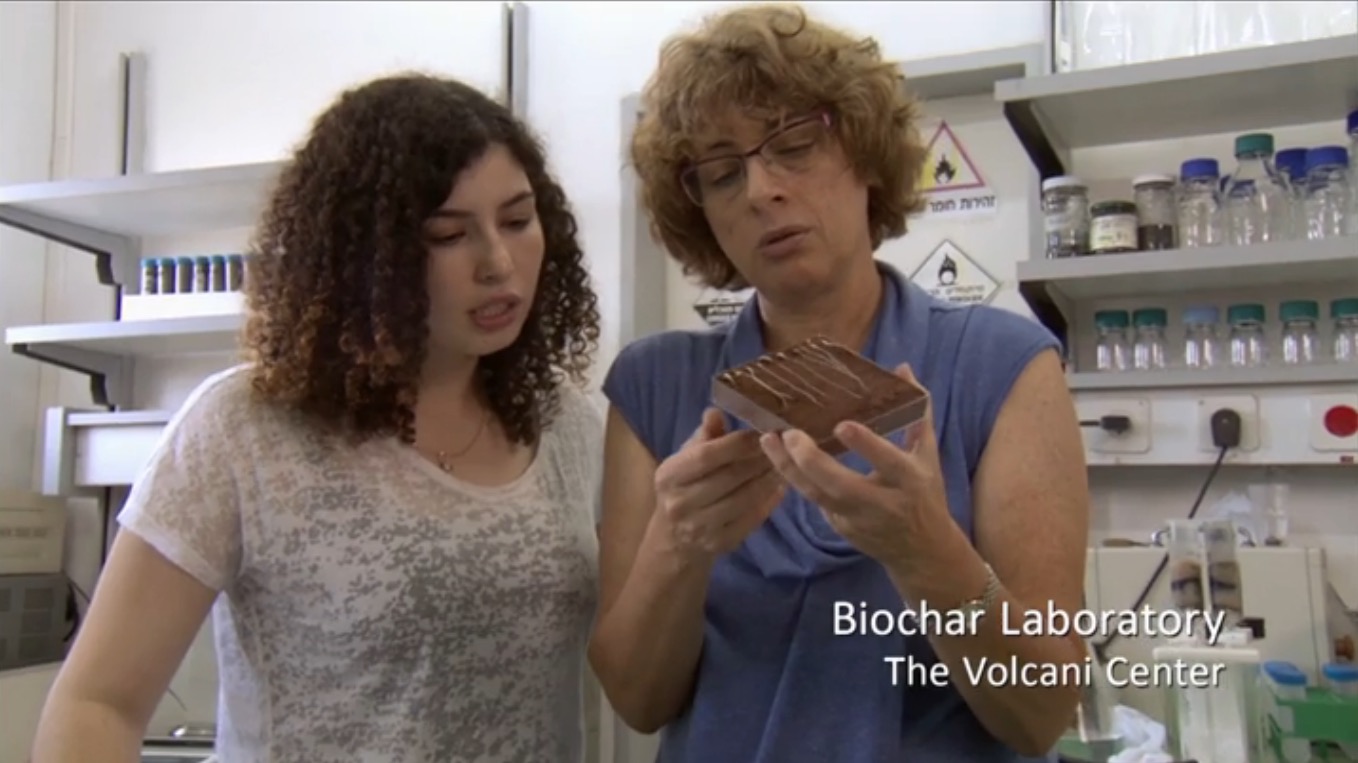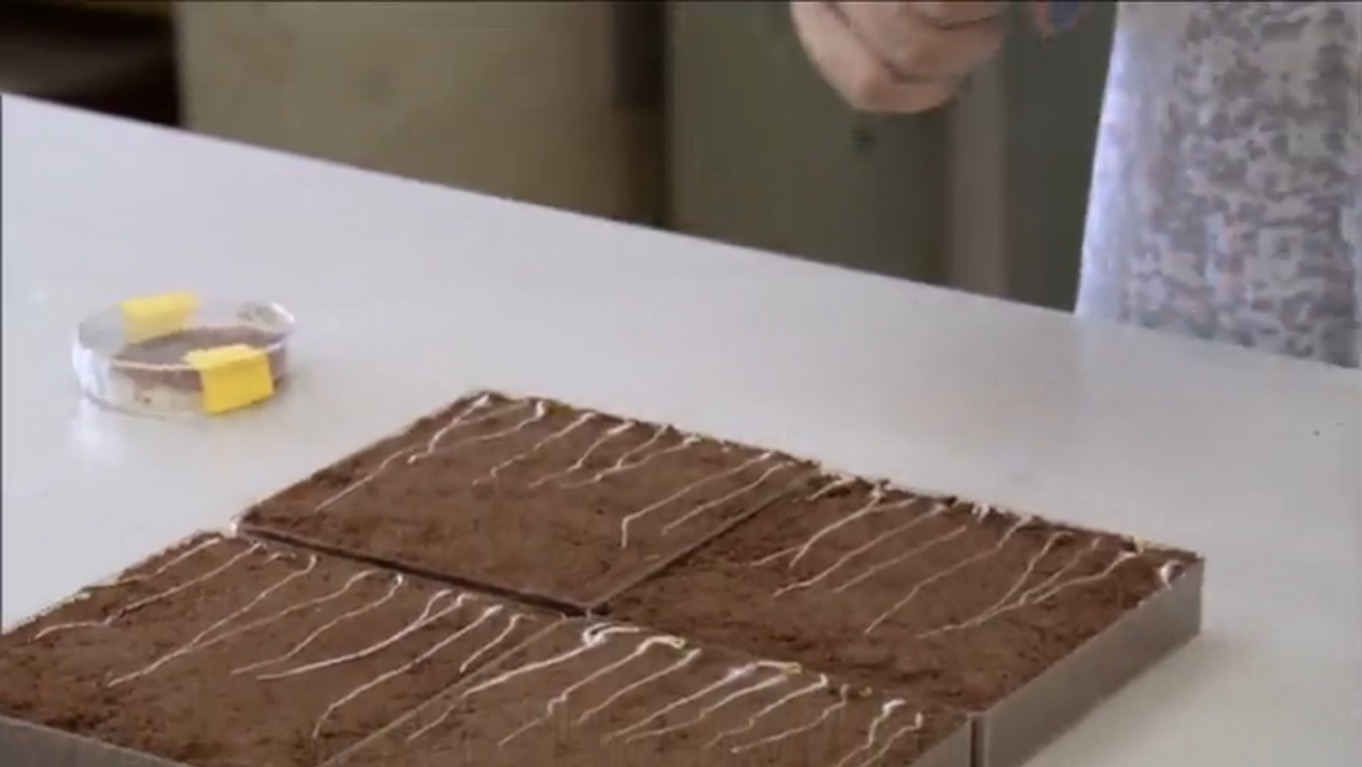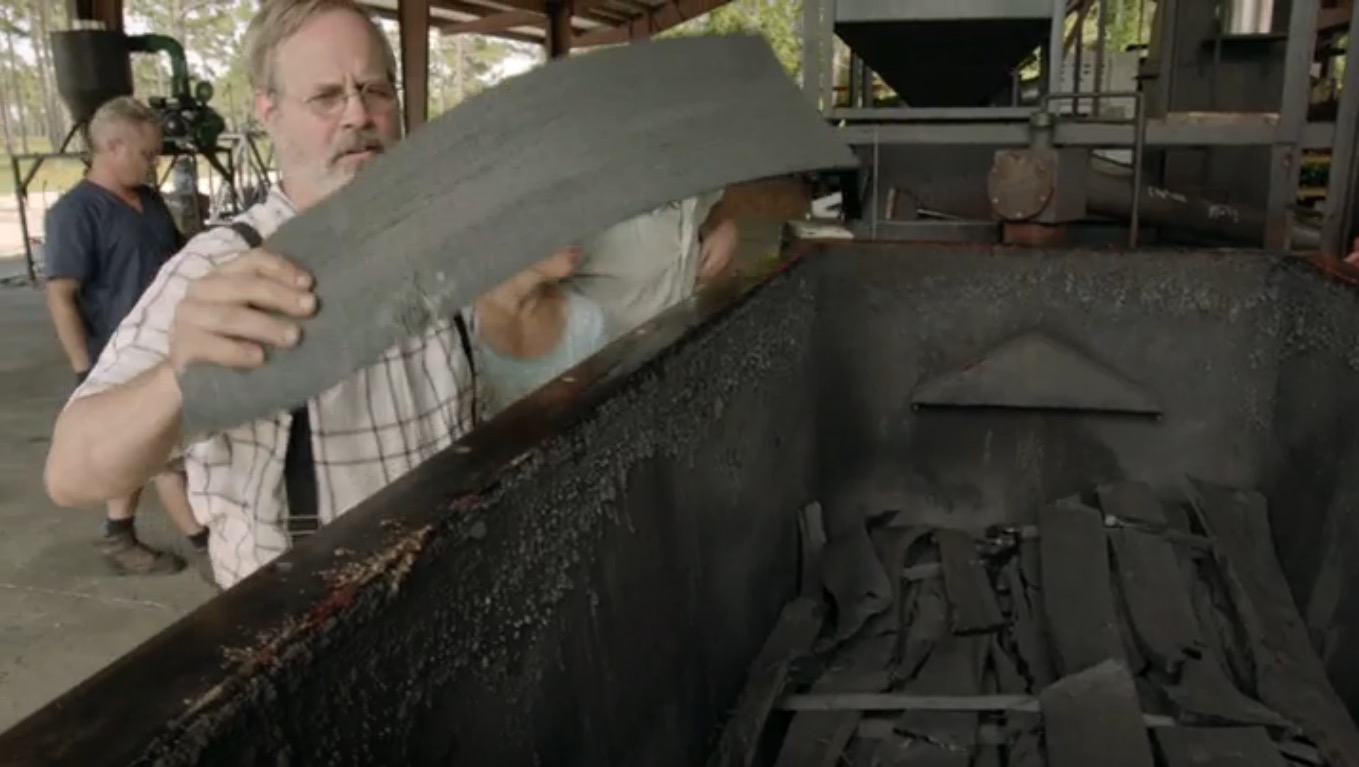A Papua Forest Dragon (Hypsilurus papuensis). Photo by Alex Slavenko
The most comprehensive atlas of reptilian species has been created by an international research team led by an Israeli scientist.
An international project initiated by an Israeli professor has resulted in the most comprehensive catalog and atlas of every reptile on Earth, including 10,000 species of snakes, lizards, and tortoises and nearly 32,000 land vertebrate species altogether.
An international team of 39 researchers worked on the new “Atlas of Life,” as described in Nature Ecology & Evolution.
The atlas links the new reptile information with existing maps for birds, mammals and amphibians. The resulting information provides a missing piece to the puzzle of global conservation planning and prioritization.
A gecko (Cyrtodactylus bintangtinggi) from Malaysia. Photo courtesy of BGU
“Mapping the distributions of all reptiles was considered too difficult to tackle. But thanks to a team of experts on the lizards and snakes of some of the most poorly known regions of the world, we managed to achieve this, and hopefully contribute to the conservation of these often elusive vertebrates that suffer from persecution and prejudice,” said Prof. Shai Meiri, the Tel Aviv University zoologist who first planned and has been leading the project for the past 10 years.
This snake is a Vipera ammodytes. Photo by Alex Slavenko
Tel Aviv University, Ben-Gurion University of the Negev and the Technion-Israel Institute of Technology all had representatives on the research project.
The International Union for the Conservation of Nature is currently classifying the species featured in a free online map, rating them from “critically endangered” to “least concern.”
According to lead author Uri Roll, a fellow in desert ecology at Ben-Gurion University of the Negev’s Jacob Blaustein Institutes for Desert Research, “Lizards typically tend to have weird distributions and often like hot and dry places, so many of the newly identified conservation priority areas are in drylands and deserts. This isn’t as much of a characteristic for birds or mammals, so we couldn’t have guessed that in advance.”
Atlas of all Land Vertebrates. Graph courtesy of BGU
Roll also analyzed the overlap of different land-vertebrate groups with current conservation priorities and protected areas to explore the outcome of these initiatives. “It turns out that reptiles fare worse than mammals and birds, and within that lizards and turtles fare the worst.”
To address these deficiencies, the researchers constructed a new prioritization plan. “We discovered that arid and semi-arid regions in various parts of the world have been under-prioritized for conservation and we will need to reevaluate our broadest conservation initiatives,” said Roll.








